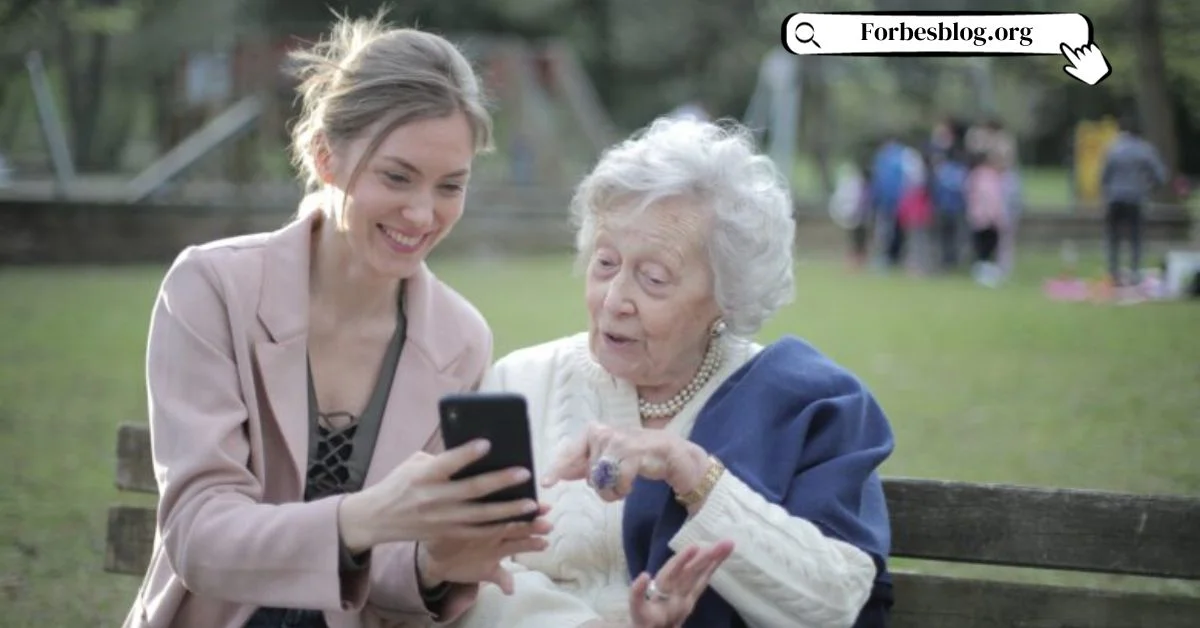A common problem faced by the elderly, especially those living in advanced age care facilities, is the risk of falling. While a lot of people fall and then get back up, sustaining a few bruises, but the risks associated with falling for the elderly are far greater. Special measures need to be taken in order to prevent falls from happening in case of the elderly.
Every year, thousands among the aged populations fall, either inside or outside their homes. Falling in the elderly carry serious health concern and result in fractures, dislocations, and broken bones.
The family members, too, go through anxiety and worry over the safety of their aged parents or grandparents. However, these falls can be prevented from happening by ensuring a few things around the home.
Here are some tips to help ensure your aging loved one is safe from falling inside the home.
Table of Contents
Remove tripping hazards
The first thing to look for is anything that could trip up your aging loved one. You can ensure their safety from falling by repairing or removing the tripping hazards, such as uneven door thresholds, frayed carpeting, loose rugs, cords and wires on the floor, boxes and other junk laying around, and broken handrails.
The second thing you should do is make sure that the bathroom your parent or grandparent uses is not too slippery and that there is safety equipment installed, so that the elderly can break their fall if they were to slip. This means installing grab bars beside the toilet and in the tub or shower area. Also, make sure that there is a nonskid mat in the tub or shower.
Ensure that the throw rugs have not come loose by gluing them down or, better yet, remove them altogether. Taking care of the elderly can be a full-time job. Luckily there are nurses, with MSN FNP degree, who can take care of your aging loved one for you.
Regular Exercise
Seniors who exercise regularly have stronger muscles and bones, which helps to reduce their falling risks. It’s important that they do weight-bearing exercises to keep bones strong and balancing exercises to prevent falls.
Seniors can do balance exercises at home or in an assisted living facility by doing yoga or tai chi. For example, the tai chi exercise called “brush knee twist step” improves balance and is easy for seniors to do at home or in an assisted living facility.
For seniors who struggle with mobility issues, due to osteoarthritis, joint pain, or other issues related to aging, this tai chi exercise also helps improve flexibility.
Have them wear glasses
If your loved one needs glasses to see properly, encourage them to wear the glasses at all times when out of the house. If they have multiple pairs, make Avoid Falls they’re always wearing their most recent prescription — as eyesight can deteriorate rapidly as we get older.
Likewise, if your loved one wears bifocals or progressive lenses, remind them that these do not provide full vision correction for things at a distance or in the peripheral vision — so encourage them to wear glasses with single-vision lenses whenever possible.
Provide adequate lighting throughout the home
Make sure the light switches are easy to locate and operate, so your loved one can turn on lights easily as they navigate from room to room. Installing motion sensors on outdoor lights is a good way to ensure that your loved one has enough light as they walk up or down steps outside the home at night.
Assist your loved one in making sure that all areas of their home are well lit, including stairways and hallways. A nightlight may be beneficial for older adults who get up frequently during the night to go to the bathroom.
Ensure there are no dark corners in your loved one’s home. Install bright light bulbs in areas that don’t receive enough natural light, such as stairwells. Place lamps so that your loved one can easily see them from their bed or chair.
Install handrails on stairs and grab bars in the bathroom
Install grab bars and handrails in the bathroom, near the bed, and along stairways. These tools make it easier for your senior loved one to get around — particularly if they have trouble with balance or dizziness issues.
Make sure they’re installed properly and can support up to 250 pounds.
Keep their space clutter-free
Clear away stacks of newspapers or magazines, phone or electrical cords, and any other items that may cause a trip or a fall. If you’ve noticed an older family member struggling to keep their house clean, consider hiring someone to help them out.
Organize rooms in such a way that it is easier to navigate and walk through. Don’t put anything on the stairs, and keep electrical cords out of walkways. Make sure furniture is arranged, so it’s easy to get around it.
Wear supportive shoes with non-slip soles
Encourage your loved one to wear shoes with good support and traction while they’re out and about at home, or out shopping, or visiting friends. Footwear with rubber soles is best, as it provides better traction than leather or smooth plastic soles.
Make sure the shoes fit well, have low heels, and non-slip soles. Avoid wearing slippers around the house because they can easily slip off your feet.
Nonslip flooring
In the bathroom, kitchen, and laundry room, use nonslip flooring or apply nonskid decals to the tub or shower floor. Install a handrail next to the toilet, and in any other areas where your loved one may need extra support when standing up or sitting down.
Be mindful when walking on slippery surfaces, such as tiles, marble, or polished wooden floors. Consider using carpet runners or adding extra rugs over such type of flooring.
Conclusion
Falls pose the most serious risk to the health of our aged loved ones. They may experience a number of skeletal and structural issues and damages due to falls. Therefore, we must keep the above-mentioned tips in mind when ensuring that our parents or grandparents remain fall free.
Visit for more articles: forbesblog.org














